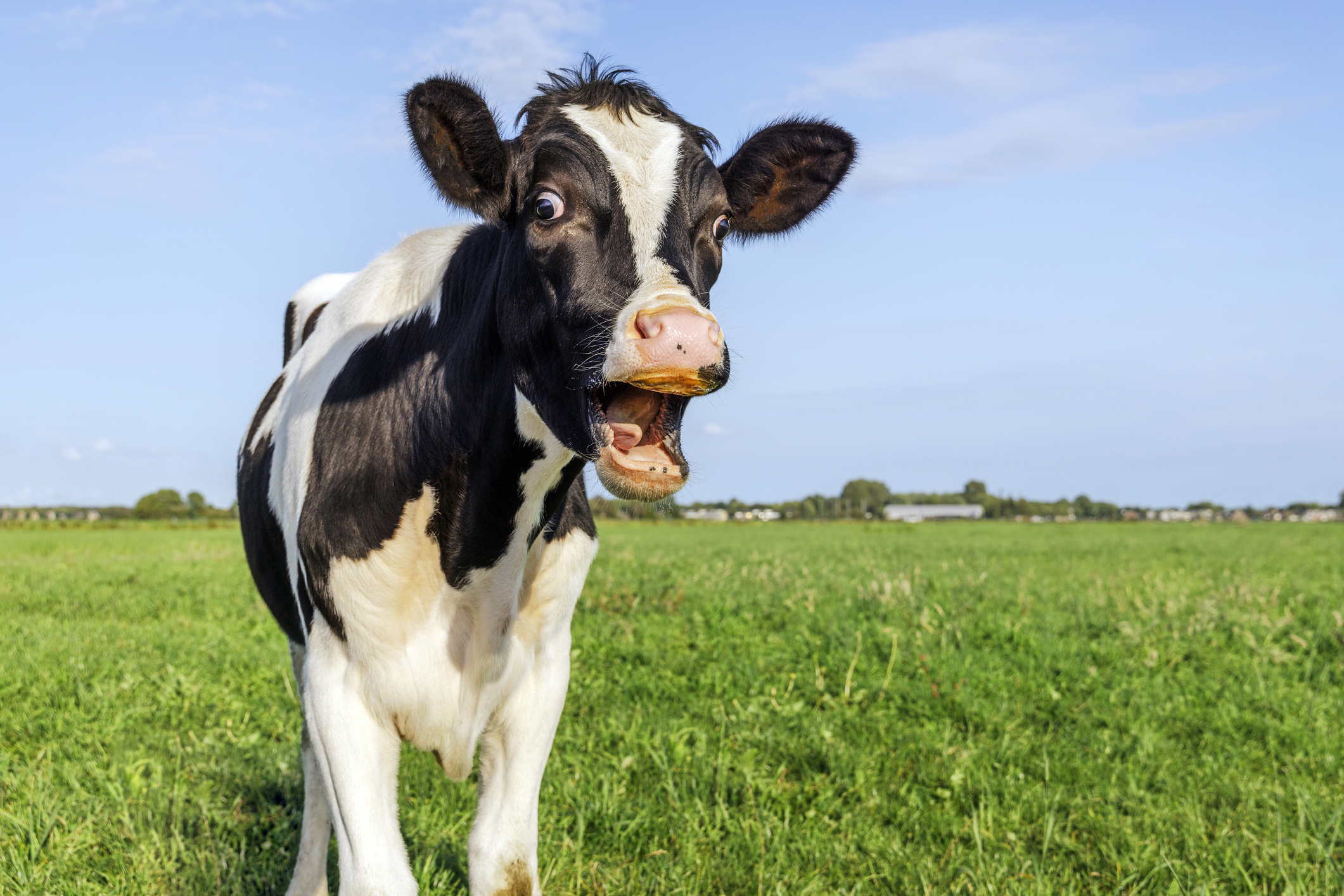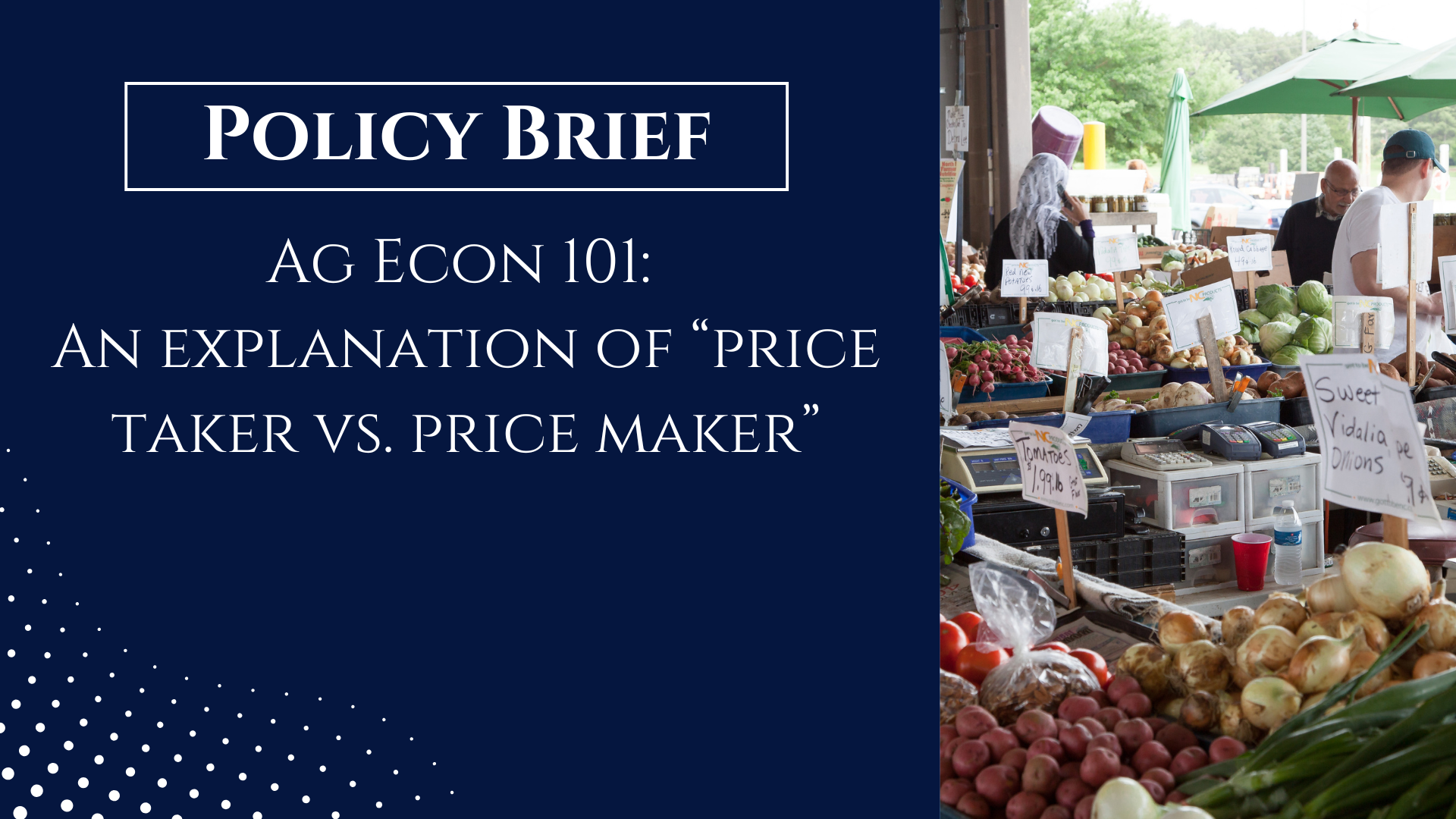The Washington State Department of Ecology and lawmakers have fumbled the roll out of the state’s new tax on CO2 emissions for agricultural fuel users around the state.
The legislation, known as the “Climate Commitment Act” (CCA) specifically required Ecology to create a system to exempt agricultural uses. The law reads:
“The following emissions are exempt from coverage in the program … Motor vehicle fuel or special fuel that is used exclusively for agricultural purposes by a farm fuel user. This exemption is available only if a buyer of motor vehicle fuel or special fuel provides the seller with an exemption certificate in a form and manner prescribed by the department. …
The department must determine a method for expanding the exemption provided under (e)(i) of this subsection to include fuels used for the purpose of transporting agricultural products on public highways. The department must maintain this expanded exemption for a period of five years, in order to provide the agricultural sector with a feasible transition period.”
At the beginning of the year, farmers and ranchers from around the state started reporting being taxed for the anticipated fuel cost increase on their bulk fuel purchases.
Claiming that payments aren’t due to the state until next year, Ecology staff have maintained that no business has incurred the fuel tax. Fuel suppliers, however, are accruing liabilities for every gallon of gas and have included the cost of the tax in the price of fuel sales.
Farmers and ranchers are supposed to be exempt from those taxes but are having to pay those costs and Ecology staff need to fix the current situation. The responsibility is built into the CCA: “The department must determine a method for expanding the exemption …”
It has been reported consistently since the beginning of the year that fuel costs throughout the state have risen nearly every week due, in part, to the CCA. Fuel prices throughout the rest of the country have remained relatively steady or declined.
The Governor, Ecology staff, and legislators would have the public believe the rising cost of fuel prices is the greed of fuel companies and leave it at that. However, when operating costs increase – like the need to purchase CO2 allowances in a public auction – then businesses are likely to pass along that cost to their customers, as observed in an increased cost for fuel around the state. Despite their claims to the contrary, the tax on CO2 emissions is intended to increase fuel prices to create an incentive to use less of those fuels.
One business group that cannot pass on increased operating costs: agriculture. That is why an exemption for agricultural fuel purchases was critical when the CCA was passed and is still critical today.
Bills have been introduced to try to fix the agricultural fuel fee mess, but they don’t take into account the actual cost to our farm community. SB 5766 sought to ban line item bills listing the CCA on invoices but has not moved forward. The second “fix it” bill is SB 5769, which tried to create a reimbursement program.
At the current auction price, the fee will cost approximately $33 million in diesel purchases for agricultural users.
Per the bill language, Ecology is responsible for this mess, and it should fix the problem. A simple rebate program that requires farmers and ranchers to submit their fuel purchase invoices on a quarterly basis and refunds the CCA charge at the rate noted on the invoice, is more than feasible.
The political will is what is lacking now. Our state’s farmers and ranchers deserve the exemption they were promised in the law. Anything less is a broken promise to our state’s food producers.






